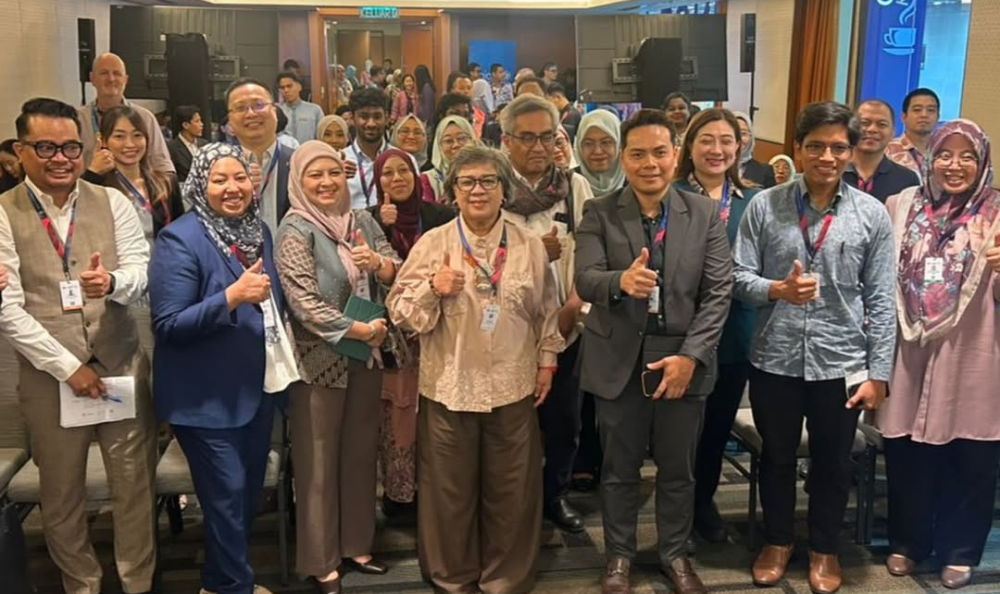
World Bank on the Malaysian Education System: The Good, The Bad, and The Future
The latest World Bank Malaysia Economic Monitor report, “’Bending Bamboo Shoots: Strengthening Foundational Skills,’” takes a deep dive into Malaysia’s education system.
Here’s what it reveals:
The Positives:
• Near-universal access to education: Malaysia has achieved almost complete primary education coverage, which shows its commitment to education for all.
• Equitable distribution of resources: Policies ensuring fair resource allocation are paying off.
• High investment in education (50% increase in public resources per student from 2011; reaching 18% of per capita GDP)
The Challenges:
• Low learning outcomes compared to years in school: Despite students spending an average of 12.9 years in school, their learning attainment is equivalent to just 8.9 years. In contrast, Vietnam’s learning attainment is 10.7 years.
• Gap between teacher performance and student outcomes: Although teacher performance assessments are high, student outcomes are not aligned.
Potential Solutions:
• Improved training and support for teachers: Enhancing teacher education and providing better support could help bridge the gap.
• More robust evaluation and monitoring: Implementing stronger assessment and oversight could ensure that education quality meets high standards.
Find out more about these insights and the proposed solutions by reading the full report: www.worldbank.org/en/country/malaysia/publication/malaysia-economic-monitor-reports
Watch the full video at our Instagram account: https://linktr.ee/asli_myofficial




